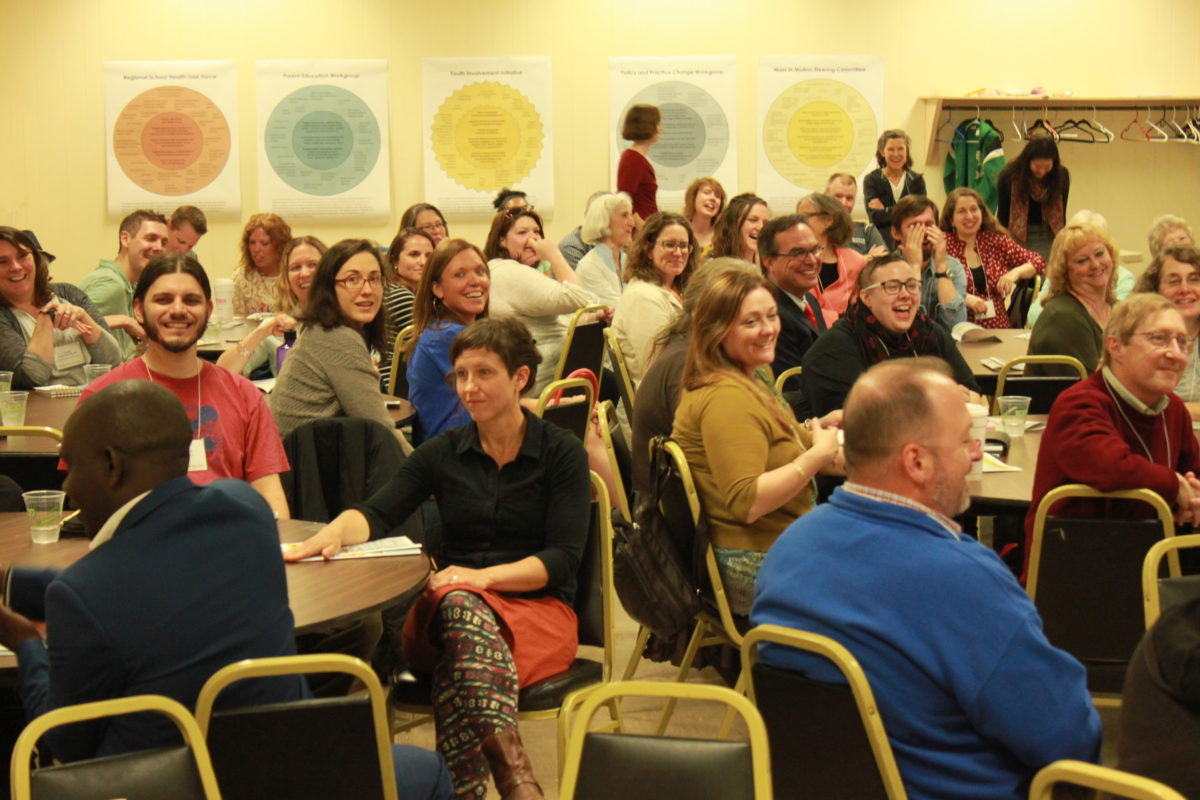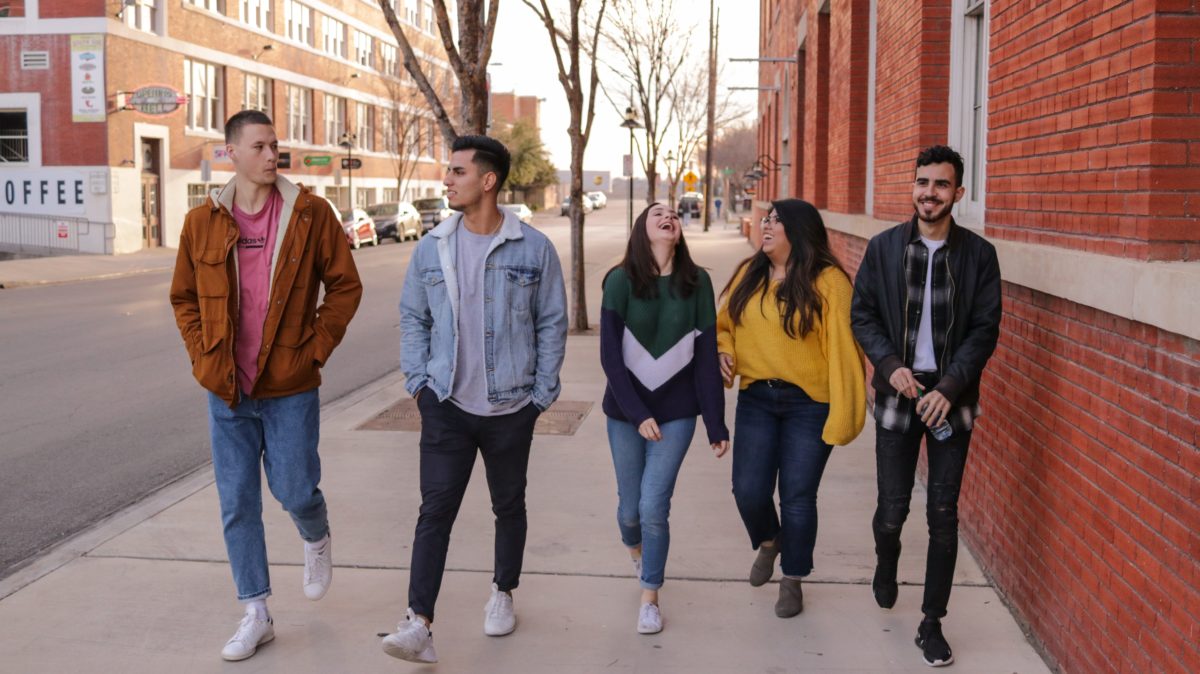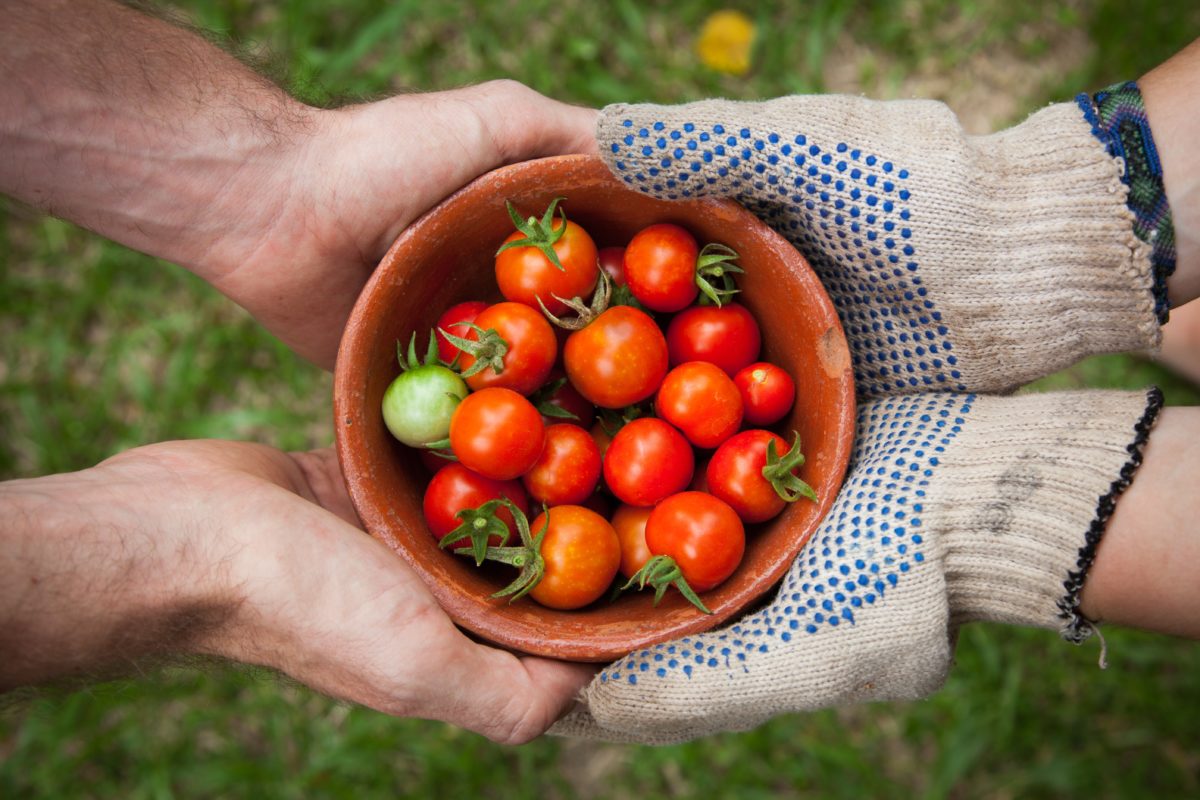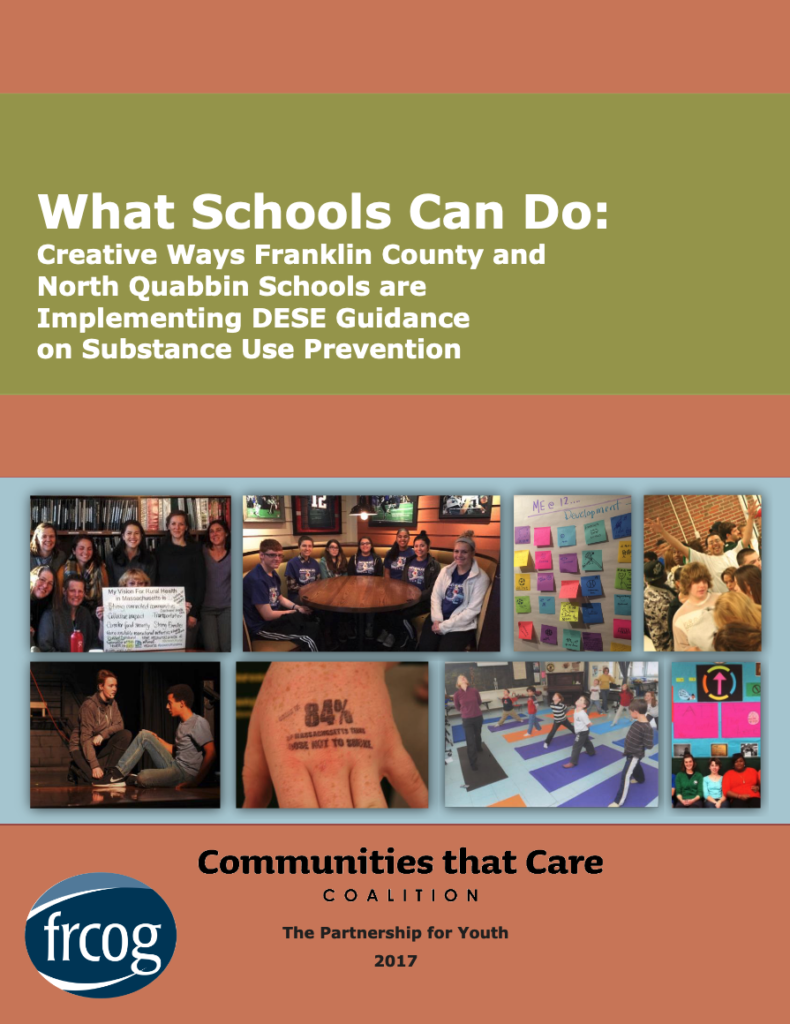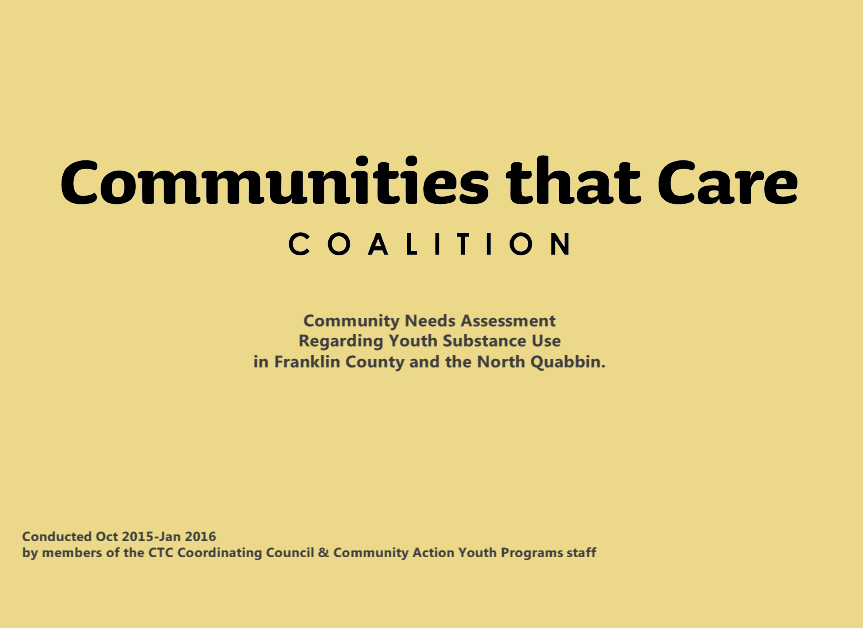PEER Ambassadors
We are launching a new program for reaching out to local parents! The PEER Ambassador Program (PEER stands for Parent Engagement, Enrichment, and Resources) is a collaboration between a number of different community organizations that work with parents and families. Currently the host sites include The Recover Project, The Salasin Center, the North Quabbin Community Coalition, and Community Action’s Family Center (who also works with the Center for New Americans).
These organizations have nominated parents who are natural leaders from within their programs to participate in the PEER Ambassador self-paced training program, and then to represent their organizations and the Communities That Care Coalition in providing outreach and education to other parents in the region – helping to connect families to important online and local resources. PEER Ambassadors receive monthly stipends for their participation as well as ongoing professional development opportunities.

